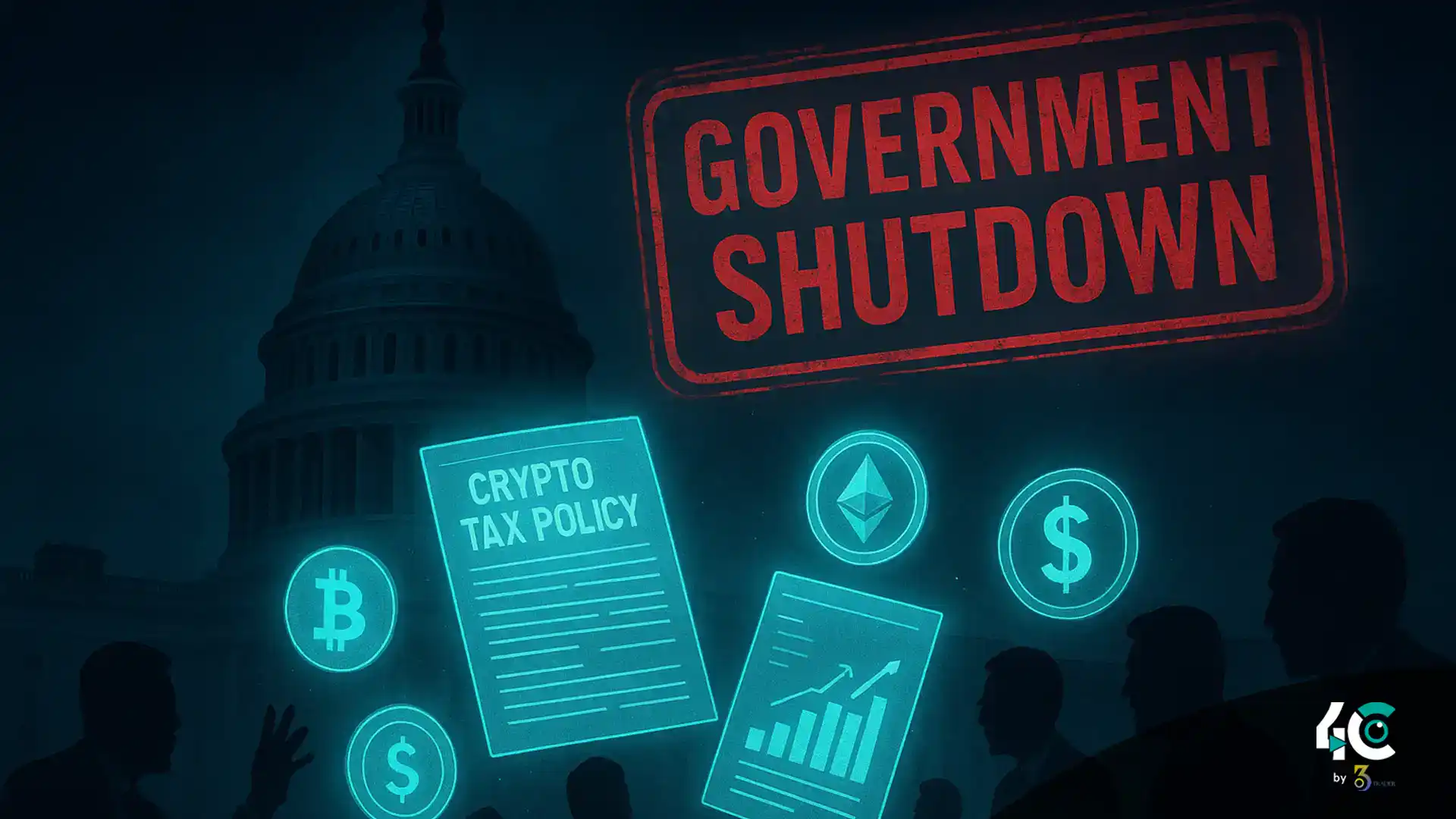🏛 Senate Investigates Crypto Taxation for Small Transactions and Staking
The United States Senate Committee on Finance held a hearing to discuss cryptocurrency taxation. Lawmakers evaluated whether small crypto transactions should be exempt from taxes, how staking income should be classified, and measures to close the federal tax gap.
💸 De Minimis Exemptions for Small Crypto Transactions
Lawrence Zlatkin – Vice President of Tax at Coinbase – suggested that crypto transactions under $300 should be tax-exempt. Senator Steve Daines emphasized that tax treatment for digital assets should be harmonized with traditional finance.
“The guiding principle has been simple parity with traditional finance. The same tax rules should apply to the same economic activity whether it’s a commodity, a share, or a token,” Zlatkin stated.
Lowering tax burdens for small transactions could encourage commercial businesses to adopt crypto payments while staying compliant with existing regulations.
Also Read : Stablecoin Startup Bastion Secures $14.6M Funding Led by Coinbase Ventures
🏦 Staking Revenue and Tax Compliance
The Senate also debated how staking revenue should be treated, either as ordinary income under the US tiered income tax system. The discussion highlighted the broader US tax gap of $700 billion annually and explored stricter reporting requirements to prevent underpayment.
⚖️ Opposition to Special Crypto Tax Exemptions
Senator Elizabeth Warren opposed exemptions, warning that they could facilitate money laundering or allow investors to evade sanctions.
“Crypto holders are not paying at least $50 billion a year of taxes that they owe,” Warren noted, stressing that all crypto transactions should be taxed under existing securities and commodities laws to maintain fairness.
The Joint Committee on Taxation estimated that a de minimis exemption could provide a $5.8 billion tax benefit to a certain class of crypto investors.
🔄 Balancing Innovation and Regulation
The hearing underscored the challenges US lawmakers face in creating tax policies that foster innovation, prevent loopholes, and maintain financial system integrity. As digital asset adoption grows, clear guidance on small transaction exemptions, staking income, and reporting will become increasingly important for both regulators and the crypto industry.



























